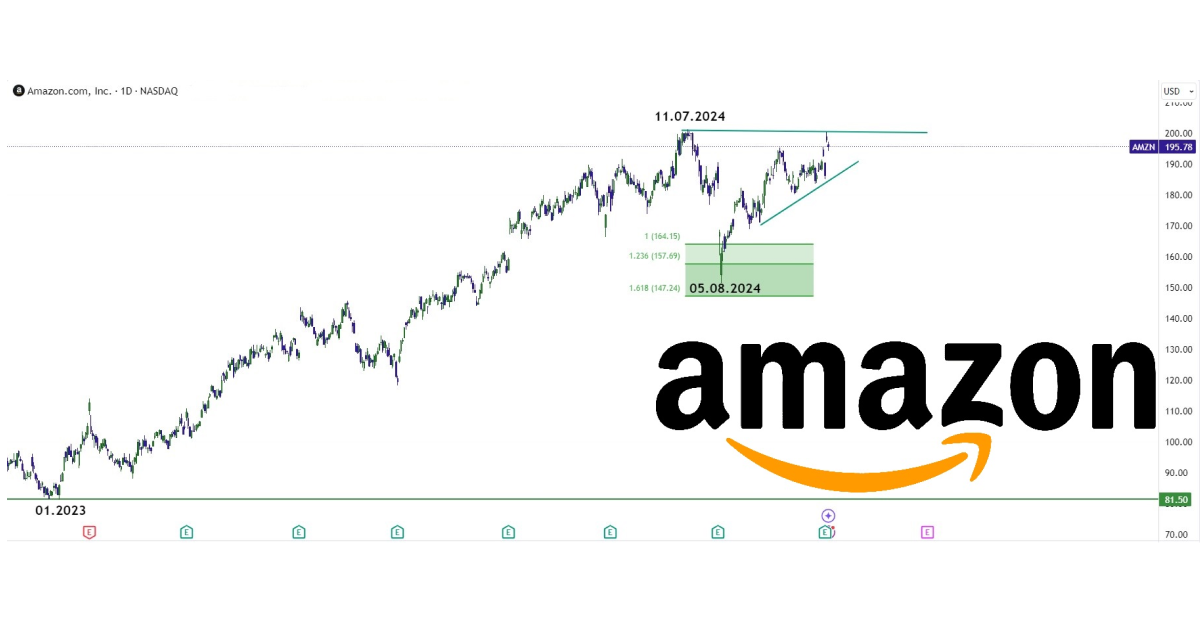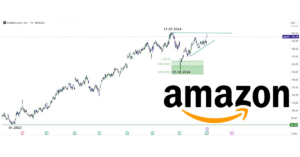European stocks rise at the beginning of the first sessions of the week.
European stocks rose in early trading on Monday after recording last week’s worst decline this year. The STOXX Europe 600 index rose 0.83% to 461 points at exactly 08:16 GMT. The British FTSE 100 index rose by 0.76% at 7938 points, the German DAX index rose 1.05% to 15369 points, and the French CAC rose 1.00% at 7259 points.
The German bank Commerzbank rejoined the DAX index after being excluded in 2018. CEO Manfred Knoff said before ringing the opening bell on the Frankfurt Stock Exchange: The bank’s return to the index is a good sign for the German banking market.
Today, the Consumer Confidence Index for the Eurozone is expected to be -19 points, as was its previous reading. Preliminary inflation data will be released from France and Spain on Tuesday, Germany on Wednesday, and Italy and the Eurozone on Thursday.
BoJ presidential candidate: Monetary easing must continue to support the economy.
The candidate for the Governor of the Bank of Japan, Kazuo Ueda, stressed in the second parliamentary hearing, according to what was stated in the first hearing, that monetary easing must continue to support the economy’s recovery.
Ueda added that the monetary easing program is appropriate, and its benefits outweigh its side effects, reinforcing the market’s reassurance that he will not seek immediate change in monetary policy if he gets parliamentary approval to take over as governor on April 1.
Amid investors’ attempts to get hints from the hearings, Ueda acknowledged that some shifts in monetary policy should come as a surprise to avoid speculation, which may support the view that change should be urgent because the yield curve control program is pressing hard. increasing performance on the market.
Ueda concluded his remarks that he would rely on his academic background and experience as a member of the Board of Directors of the Bank of Japan, if chosen, in facing the difficulties and challenges faced by the central bank.
The dollar continues to rally as the US economy shows vitality.
The dollar settled near its highest level in seven weeks, Monday, February 27, after a group of US economic data supported expectations that the US Federal Reserve should continue to raise interest rates for a more extended period.
Data on Friday showed a sharp rise in US consumer spending in January as inflation accelerated. The personal consumption expenditures index, the Fed’s preferred indicator of inflation, increased 0.6% last month after rising 0.2% in December.
On the other hand, Loretta Mester, President of the Federal Reserve in Cleveland, said on Saturday that the recent data on inflation in the United States confirms the central bank’s need to continue raising interest rates. Mester’s remarks echo those of Boston’s Fed President Susan Collins, who said on Friday that there is a need to continue raising interest rates to control high inflation.
The dollar index, which measures the performance of the US currency against six major currencies, rose 0.038% to 105.21, close to a seven-week high of 105.32, which it touched on Friday after the publication of higher-than-expected data. The index increased 3% in February and is expected to end a four-month losing streak while investors adjust their expectations for US interest rates to continue to rise for longer. Markets are now digesting the possibility that interest rates will peak at 5.4% in July and remain above 5% until the end of the year.
The euro was little changed, near its lowest level in seven weeks of $1.0536, which it recorded on Friday. The pound sterling was last traded at $1.1943, down 0.01% on the day. The Japanese yen rose 0.12% to 136.29 yen per dollar after falling to a more than two-month low of 136.58 yen earlier in the session. The Australian dollar lost 0.25% to $0.671, after approaching a two-month low of $0.6705. The New Zealand dollar fell 0.28% against the US currency to $0.614.
Gold prices fell to the lowest level in two months.
Gold prices fell to the lowest level in two months today, Monday, after strong US economic data fueled fears that the Federal Reserve will take more measures to raise interest rates to curb inflation. Spot gold fell 0.1% to $1,808.51 an ounce by 05:41 GMT. US gold futures fell to $1,815 an ounce.
Friday’s data showed a significant 1.8% rise in US consumer spending last month, the largest increase since March 2021. The personal consumption expenditures price index, also known as the Fed’s favorite measure of inflation, increased by 0.6% after rising 0.2% in December.
Silver in the spot market fell 0.9% to $20.58 an ounce, platinum fell 0.3% to $906.94, and palladium increased 0.9% to $1415.96 an ounce.
Oil prices fell despite concerns about supply shortages in Europe.
Oil prices fell on Monday, pressured by concerns about tightening monetary policy in the United States, despite a possible disruption in European crude supplies and optimism about a recovery in demand in China. Brent oil futures for April delivery fell 0.60%, or 51 cents, to $82.65 a barrel, at 06:06 GMT. US crude futures for April delivery fell 0.55%, or 43 cents, to $75.89 a barrel.
Over the weekend, Russia stopped pumping crude to Poland through the Druzhba pipeline, which covered 10 percent of the Polish oil company Orlen’s needs, or about 200,000 tons per month.
However, Poland has repeatedly stressed that it plans to end its import of Russian oil ultimately. Orlen said that Moscow’s measure would not affect consumers, for which it stressed it was “prepared in advance.”
Disclaimer: This article is not investment advice or an investment recommendation and should not be considered as such. The information above is not an invitation to trade and it does not guarantee or predict future performance. The investor is solely responsible for the risk of their decisions. The analysis and commentary presented do not include any consideration of your personal investment objectives, financial circumstances, or needs.



